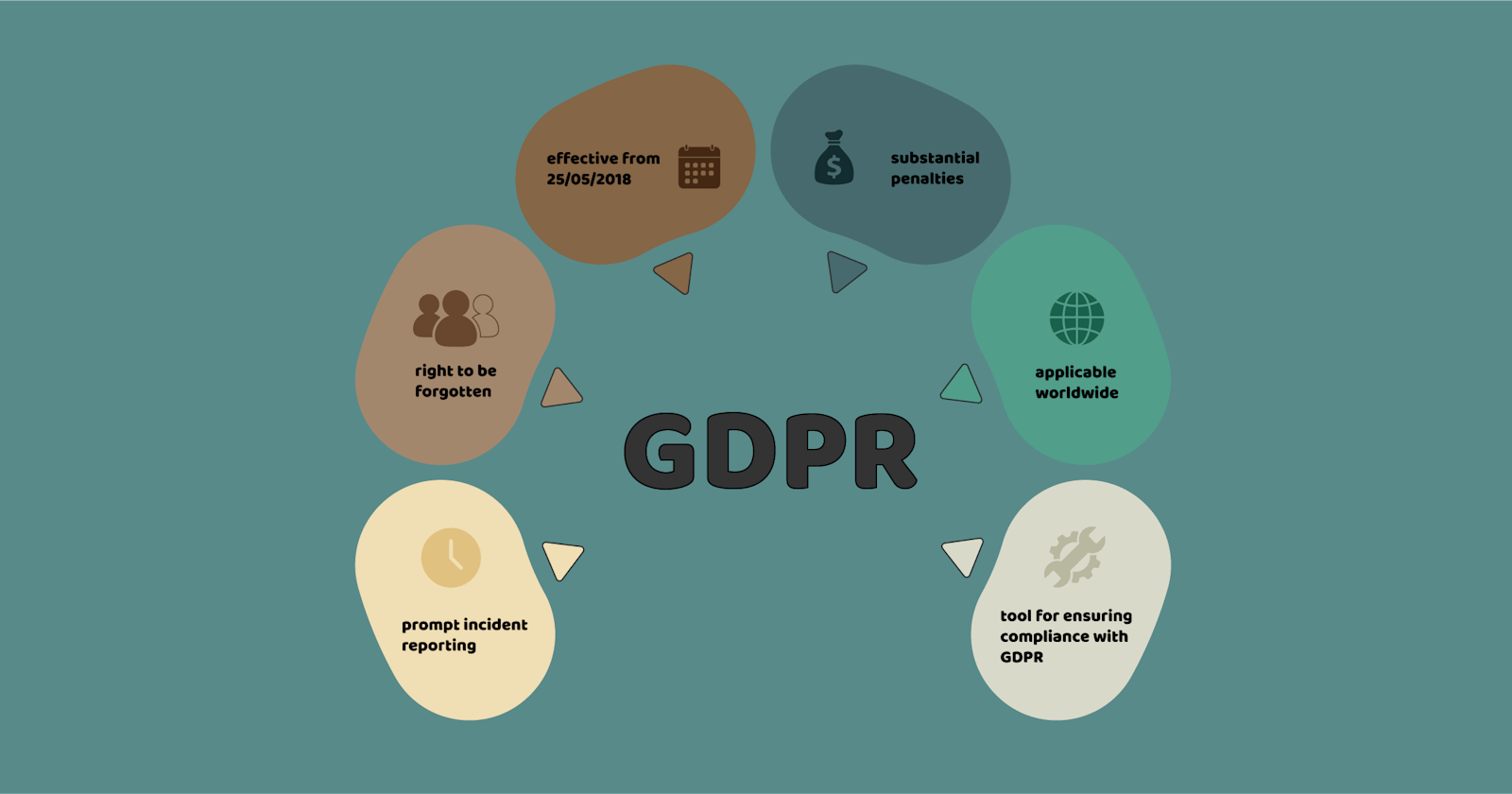The GDPR (General Data Protection Regulation) is a data privacy law that regulates the collection and processing of personal data from citizens in the European Union. It was created to protect the rights and freedoms of EU individuals and give them more control over how their personal data is used by organizations. GDPR has been in effect since May 25, 2018, and applies to any organization, regardless of size or location, that collects or processes personal data belonging to EU citizens.
Organizations are required to comply with GDPR in order to avoid hefty fines for non-compliance. GDPR requires businesses to take specific steps such as informing customers about what personal information is being collected, obtaining consent from customers before collecting their data, and protecting customer data from unauthorized access. Organizations must also provide customers with the right to request access to, modify, or delete their data.
GDPR is a complex regulation and compliance can be costly for organizations due to the resources necessary to ensure they are GDPR-compliant. It's important that organizations understand how GDPR affects their business and take all steps necessary to become GDPR compliant in order to avoid fines and protect customer privacy.
Organizations should review how GDPR applies specifically to them and determine what actions need to be taken in order to comply with GDPR. This includes understanding what personal data is collected by the organization, where it is stored, and who has access to it, as well as ensuring that appropriate security measures are in place for protecting customer data. GDPR also requires organizations to implement data protection measures such as encryption, regular security audits, and training for employees on GDPR compliance.
Organizations should also ensure they have a process in place for responding promptly to any GDPR requests from customers regarding their personal data. Additionally, organizations must be prepared to act quickly in the event of a data breach and inform customers in accordance with GDPR regulations.
GDPR is a comprehensive regulation that affects many aspects of an organization's operations, but by understanding how GDPR affects your business and taking steps to become GDPR compliant, you can help protect customer privacy while avoiding costly fines. Compliance with GDPR is essential for any organization that collects or processes personal data belonging to EU citizens and should be taken seriously to ensure GDPR compliance.
How to Be GDPR Compliant?
1. Understand GDPR: GDPR is a complex regulation, so it’s important to understand how GDPR applies to your organization and what steps need to be taken in order to comply.
2. Inform customers of data collection: Organizations must inform customers about what personal data is being collected, why it's being collected, and how it will be used. It must also be made clear that the customer has the right to request access or deletion of their data at any time.
3. Obtain consent: GDPR requires organizations to obtain explicit consent from customers before collecting and processing their personal data. This means that organizations must provide an opt-in form that clearly explains the purpose of collecting customer data and makes it easy for customers to accept the terms.
4. Protect customer data: GDPR requires organizations to take measures to protect customer data from unauthorized access, such as implementing encryption and other security measures. Organizations must also conduct regular security audits and train employees on GDPR compliance best practices.
5. Respond promptly to GDPR requests: GDPR requires organizations to act quickly in response to any GDPR-related requests from customers regarding their personal data, such as providing access or deleting their data upon request.
6. Prepare for a data breach: GDPR requires organizations to have a contingency plan in place should a data breach occur, and they must be prepared to inform affected customers immediately if one does happen in accordance with GDPR regulations.
By understanding GDPR and taking all the necessary steps to become GDPR compliant, organizations can help protect customer privacy while avoiding costly fines. GDPR compliance is essential for any organization that collects or processes personal data belonging to EU citizens, so it should be taken seriously.

